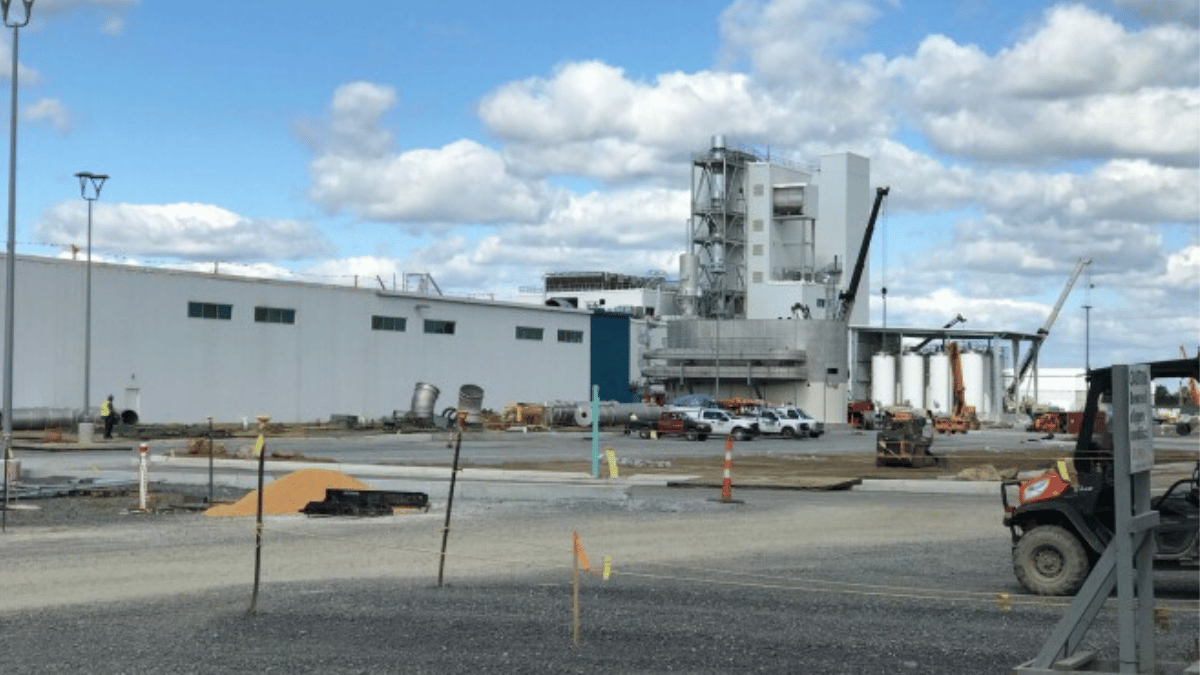Danish insulation company Rockwool’s Jefferson County facility has reached a resolution with the nonprofit Jefferson County Foundation over two stormwater permit appeals the agency filed with the state’s Environmental Quality Board.
The appeals were filed by the foundation in response to permits granted in 2020 and 2021. The nonprofit said the permit applications for an Industrial Stormwater Permit (WVG611896) were inaccurate and incomplete.
The plant’s construction has been a source of concern for local activists who have argued that runoff from the facility could contaminate the area’s surrounding groundwater and air.
Some of the requests stated in the initial appeal included revisions that Rockwool’s property must be treated as a severe stormwater hotspot, an inventory of the types of materials handled and requiring the company to have a mandatory groundwater monitoring program.
Rockwool has committed to additional studies, inspections and drainage improvements as part of the resolution, according to a joint release.
“The Foundation and co-appellants appealed Rockwool’s stormwater permits because we were concerned that the DEP’s permitting process and Rockwool’s resulting permits were not adequately protective of the waters of the Eastern Panhandle of West Virginia and surrounding region,” Jefferson County Foundation President Christine Wimer said in the release. “After several years of litigation, and with the changes Rockwool has voluntarily agreed to make to its stormwater handling system, we feel the water protections are significantly improved. We would like to thank Rockwool for respecting our concerns and working with us to resolve these matters.”
“At Rockwool, we are constantly looking for ways to improve and upgrade our facilities as part of our deep-rooted commitment to environmental protection,” Rockwool Public Affairs Manager Paul Espinosa added. “We greatly appreciate how the Foundation worked with us in improving what was already a state-of-the-art stormwater handling system at our Ranson facility. For more than 80 years, Rockwool has partnered with the communities in which we operate, and we look forward to continued collaboration with the Foundation in the future.”
West Virginia Public Broadcasting reached out to both parties for further comment, but neither were able to comment because of their settlement agreement.
Commercial production at Rockwool’s facility in Ranson began in July of 2021.
